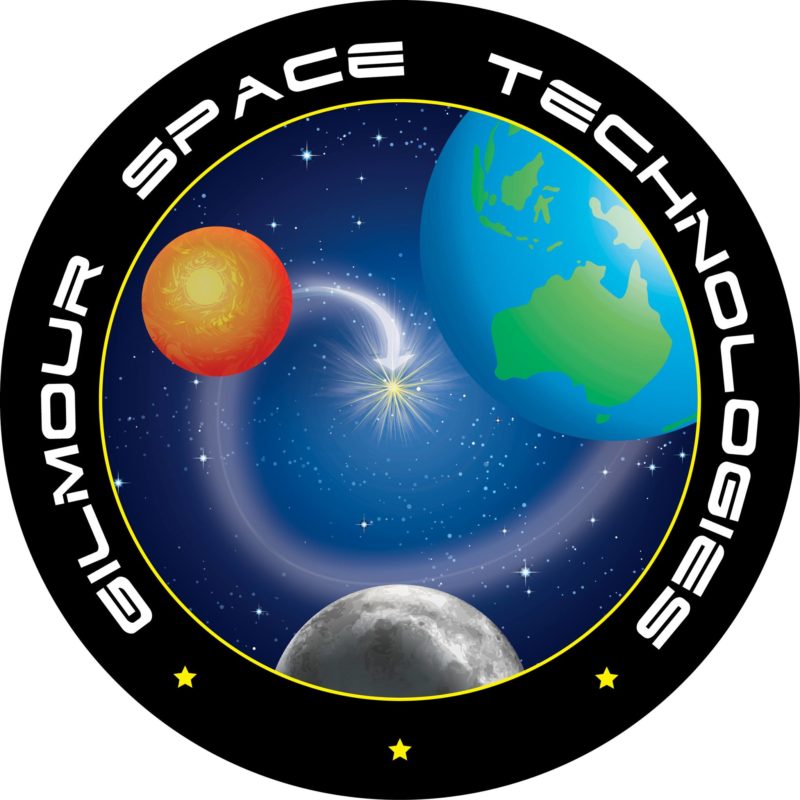Gilmour Space Technologies, an Australian rocket startup, has raised $3.7 million (A$5 million) in Series A funding. The round was led by Blackbird Ventures with participation from 500 Startups.
With operations in Australia and Singapore, Gilmour Space now aims to develop and launch innovative and low-cost rockets for the small payload market. It will specifically focus on developing hybrid-engine rockets that work on additively manufactured (or 3D printed) fuel. Founded by brothers – James and Adam Gilmour in 2013, the startup currently has a headcount of 20 engineers and other staff in Australia and Singapore, and will be seen hiring more staff next year. The brothers have already met with NASA at the Houston and Kennedy Space Centers to showcase their company’s innovative technology and discuss launch opportunities.
Companies like Jeff Bezos’ Blue Origin and Elon Musk’s SpaceX are exploring this sector with an intent to lessen the cost of sending out larger satellites in the orbit, hence, they are tapping the market of reusable rockets.
This startup has an altogether different aim than the other companies. It wants to build rockets that are cheaper and are designed for small satellites (smallsats). These satellites, ranging from highly sophisticated scientific payloads, to ‘constellations’ of tiny nano/cubesats are deployed strategically around the Earth. The latter can be used for enhancing global coverage and connectivity for space-based communications, deeper earth observations, and applications for the Internet of Things. Adam in a statement, said,
Today’s smallsats are getting smaller, cheaper and a lot more capable, and they are changing our perception of what’s possible in space.
The current situation as depicted by SpaceWorks’ 2017 Market Forecast on Nano/MicroSatellites, says limited launches and delays are reducing market potential and increasing the backlog of satellites awaiting launch. Adam adds to this saying,
You also have to deal with high launch costs of around USD 30,000 to 60,000 per kilogram (AUD 40,560–81,120), multiyear waiting lists and the vagaries of being a secondary payload. All these add to the challenges faced by businesses seeking to leverage new technologies.
This is pretty much true. What the industry lacks is, the appropriate innovation and technologies to bring these satellites to life. However, due to expected decrease in production costs, the demand for them is slated to rise and the market is expected to grow. the company wants to do just this – to develop more affordable and reliable transportation to space.
Gilmour’s first commercial rocket
Gilmour Space is planning to launch its first commercial rockets to suborbital space by the end of next year. While, it expects to launch the rocketto Low Earth Orbit (or LEO), the area between 160km and 2,000Km in altitude in which most satellites orbit, by 2020. Gilmour states,
Our Eris orbital launch vehicle will be able to take up to 380 Kg to LEO, and more dedicated and low-cost small payload launches would enable even smaller players to make a business case for space. Eventually, we also plan to build low-cost vehicles for human spaceflight and exploration.
Last year, they had successfully launched the countries’ first privately developed hybrid rocket to an altitude of 5 Km using proprietary 3D printed fuel. It is considered among the first successful demonstrations of additively manufactured rocket fuel. To this Gilmour says,
We have innovative technology that overcomes the big legacy problems associated with hybrid rockets in the past, and our proprietary multi-material 3D printed fuel allows us to launch rockets at a fraction of the cost – a benefit that we plan to pass on to our clients.
The Tech Portal is published by Blue Box Media Private Limited. Our investors have no influence over our reporting. Read our full Ownership and Funding Disclosure →






